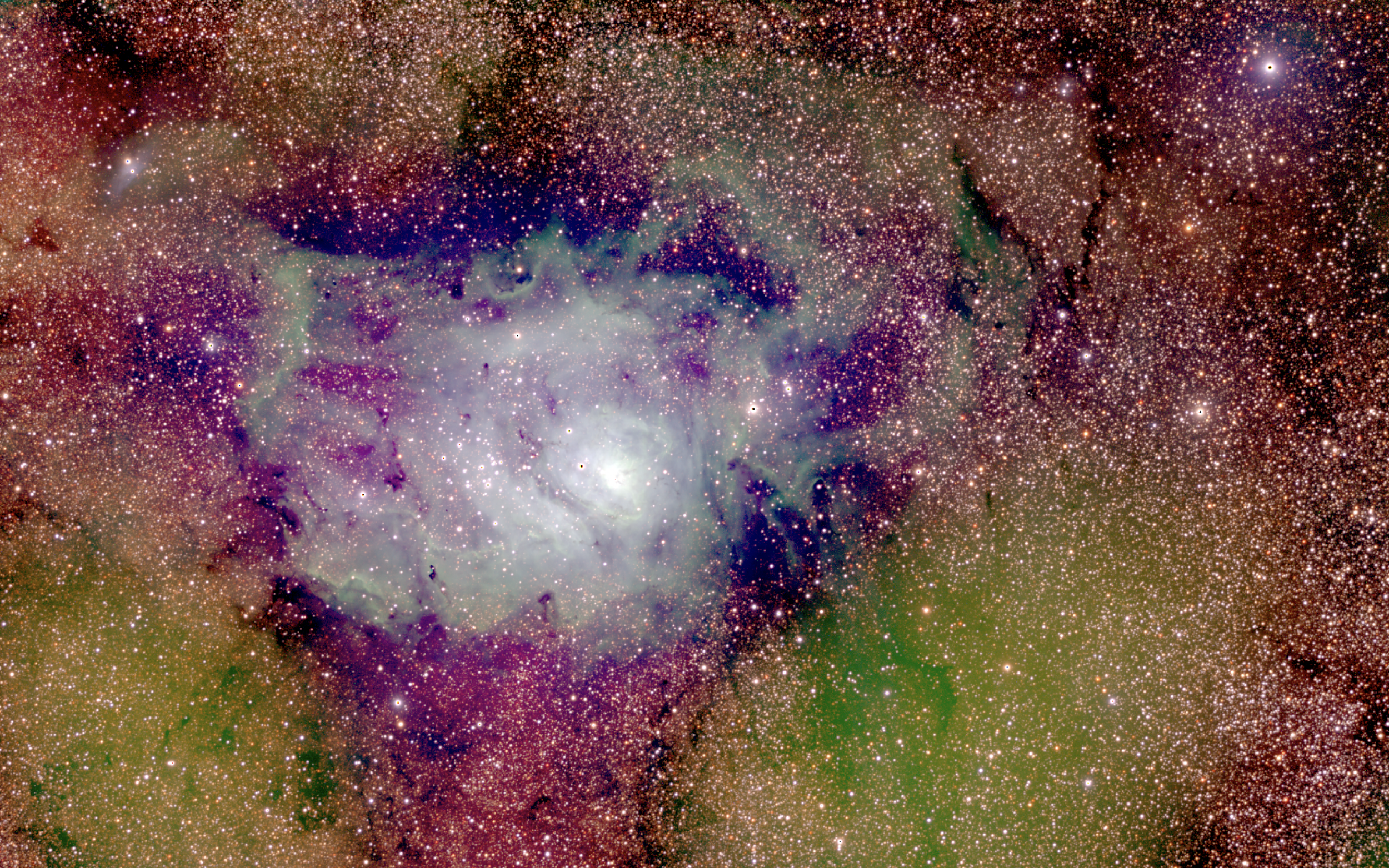The Image above is of the Lagoon Nebula (aka M8) taken with The Condor Array Telescope, a new type of astronomical telescope that has attracted significant scientific and popular attention. Join Hamptons Observatory and the Amagansett Library for a free, virtual lecture presented by eminent Stony Brook University astronomer, Prof. Kenneth Lanzetta, who will talk about the Condor and its observations.
REGISTRATION REQUIRED FOR THIS FREE VIRTUAL EVENT:
Hamptons Observatory (HO), a 501(c)(3) NYS nonprofit that relies on public support has served the South Fork since 2005. Hamptons Observatory offers all of its programs free-of-charge so that everyone can enjoy the wonders of their Universe. Please consider making a tax-deductible donation to help support our work. Thanks!
Prof. Kenneth M. Lanzetta
Virtual Astronomy Lecture:
“The Condor Array Telescope” (A Free, Virtual Lecture)
SPEAKER: Prof. Kenneth Lanzetta, Dept. of Physics & Astronomy, Stony Brook University
CO-HOST: Amagansett Library
Registration is required: https://bit.ly/CondorTalk
Hamptons Observatory and co-host, Amagansett Library, are honored to present a free, virtual lecture by eminent astronomer, Professor Kenneth M. Lanzetta.
A new type of astronomical telescope—built by an international team of students and researchers--has attracted significant scientific and popular attention. The Condor Array Telescope is an “array telescope” that is made up of six off-the-shelf refracting telescopes coupled with six off-the-shelf large-format CMOS camera all mounted onto a common mount. The telescope was deployed to a very dark site near Animas, New Mexico in the spring of 2021 and was commissioned and calibrated over the course of the summer and autumn of 2021. The telescope has been in operation ever since, autonomously collecting observations every clear night. The research objectives of the project include studying (1) the low-surface-brightness outer regions of the Milky Way, the Large and Small Magellanic Clouds, and other nearby and distant galaxies, (2) transiting planets, gravitational microlensing events, and stars at a very rapid cadence, and (3) the faint and extended ejecta of explosive and massive stars. In this presentation, Prof. Lanzetta will discuss the project, the search for Earth-like planets, and describe the observations that Condor has obtained over its first 18 months of operation.
Kenneth M. Lanzetta obtained a BA in Physics from the University of Pennsylvania and a PhD in Physics from the University of Pittsburgh. He subsequently held a two year postdoctoral appointment at the Institute of Astronomy of the University of Cambridge in England, then spent four years as a postdoctoral researcher and Hubble Fellow at the Center for Astrophysics and Space Sciences of the University of California, San Diego. In 1994, he became an assistant professor in the Department of Physics and Astronomy at Stony Brook University, was promoted to associate professor in 1997, and to professor in 2001. His research interests involve extragalactic astronomy and cosmology, including issues of galaxy formation and evolution, quasar absorption lines, evolution of the intergalactic medium, detection and identification of faint, high-redshift galaxies, and development and application of optimal image processing techniques utilizing large-scale scientific computing facilities.
Hamptons Observatory extends its deepest thanks to Prof. Lanzetta for generously taking the time to share his expertise, and to co-host Amagansett Library for its kind collaboration.
While this is a free lecture, donations are appreciated to help support our programs.
REGISTRATION IS REQUIRED FOR THIS FREE, VIRTUAL EVENT:
Contact us for further info, questions, or to join our mailing list.

